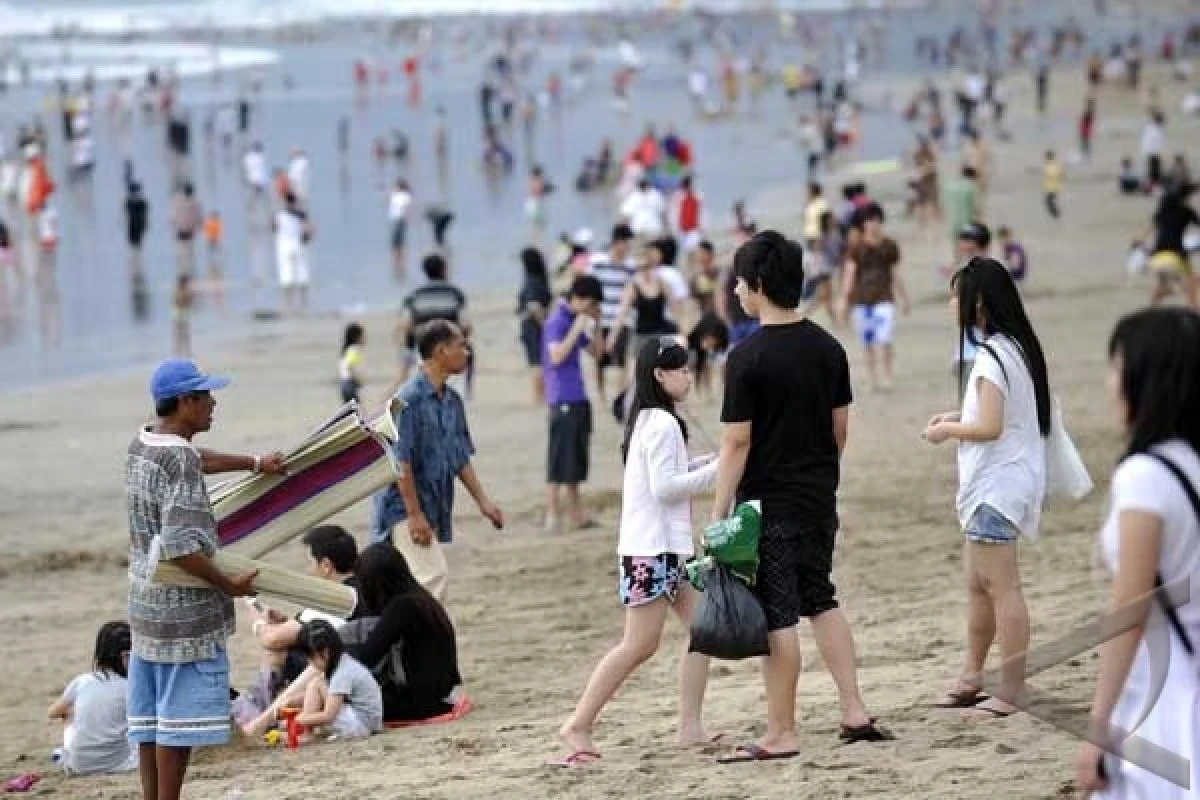The Bali Regional Legislative Council (DPRD-Bali) is proposing to increase the tax on foreign tourists from 150,000 rupiahs (approximately $10) to 750,000 rupiahs (approximately $50). The reason for this is to attract wealthier and more responsible travelers and to avoid issues related to poor behavior and public disorder.

Recently, local news has frequently reported on, to put it mildly, inappropriate actions by tourists. For example, an incident where a foreigner stole a truck and drove it to the airport, or another where a man attacked an Indonesian woman and threw her off a bike.
Discussing the "quality" of tourists and improving it has been a task for Bali officials since last year. This is why a tourist tax of 150,000 rupiahs was introduced in February 2024.
However, according to the chairman of the second commission of DPRD-Bali, Kresna Budi, this measure has not proven effective due to the small amount being charged. Therefore, he believes that the entry fee to Bali should be increased even more.
"I think that a tax of 150,000 rupiahs is too low, making Bali appear to be a cheap tourist destination. That is why we plan to increase it to 750,000. If we go to England, we pay 5.7 million rupiahs for a visa. Why should Bali sell itself cheap?" questions Kresna Budi.
He also believes that the additional revenue generated from the increased tourist tax could significantly improve the education and healthcare sectors in Bali. Additionally, the legislator hopes that the immigration service at Bali's airport will take responsibility for collecting the tourist tax, ensuring a more efficient process.
Kresna Budi also proposes directing a portion of the tax revenue to strengthen security and public order by creating a tourist police force:
“We are negotiating the creation of a tourist police force that will handle tourism-related issues. Therefore, part of the funds (collected from the tourist tax) can be allocated to support the readiness of such personnel.”
Not everyone agrees with this initiative. Among the opponents is, for example, the former Deputy Governor of Bali, Tjokorda Oka Artha Ardhana Sukawati. He believes it is too early to talk about raising the tax when the system itself is not yet refined. According to him, even the funds collected so far have not been invested in any significant development projects for the island. Sukawati thinks travelers should see where their money is going, such as improving tourist facilities.
Moreover, even the current 150,000 rupiah tax is not paid by all tourists. In fact, only 40 percent of those arriving on the island pay it. This is because the system for collecting the tax is still not properly established. It is not controlled at the airport, and essentially, the only enforcement measure is to prevent tourists from accessing popular attractions without a payment receipt. But additional resources are needed for this as well.
For now, representatives of Bali’s tourism department plan to conduct random checks of tourists at the island’s main attractions twice a month. Travelers will need to provide proof that they have paid the tourist tax and present their QR code for scanning. Those without the necessary documents will have to pay the tax on the spot.
Despite the poorly organized implementation of the new tourist tax, it has allowed for the collection of 117 billion rupiahs from February 14 to June 12, 2024. However, this is only a fraction of what the idea's proponents had anticipated.
Returning to the arguments of the former Deputy Governor of Bali, he does not believe that raising the tax will attract more “high-quality” tourists to the island, as there are many cheap accommodation options and budget-friendly activities available.
“Obviously, if we prepare cheap facilities in Bali, budget tourists will come. Cheap usually means low-quality tourists,” he continued.
"Therefore, we need to first focus on infrastructure and prepare suitable accommodations for 'high-quality' tourists, and then consider raising the tax,” Sukawati said.
Another argument against increasing the tax is competition with other countries. Officials fear that tourists might start choosing Vietnam, Thailand, and Singapore for their trips instead.
However, such doubts seem hard to believe at the moment. Preliminary estimates suggest that Bali will see the highest number of tourists in its history in 2025. This optimistic forecast is based on the fact that this year’s tourist numbers are on track to meet targets ahead of schedule.
Moreover, analysts expect that tourists will spend record amounts next year (perhaps partly due to the fees?). The projected revenue for 2025 is up to $22.1 billion. In comparison, the target for 2023 was $14.63 billion, and for 2024, $17.64 billion.


You can add one right now!